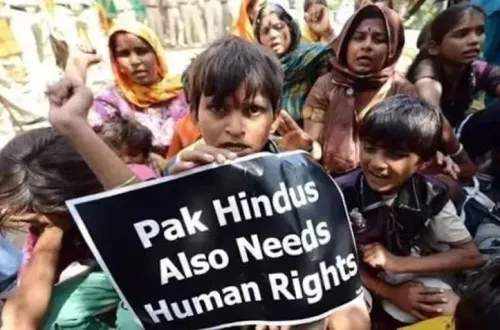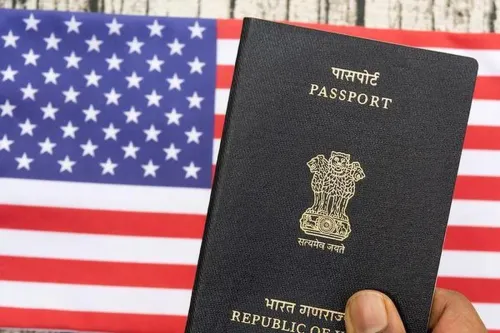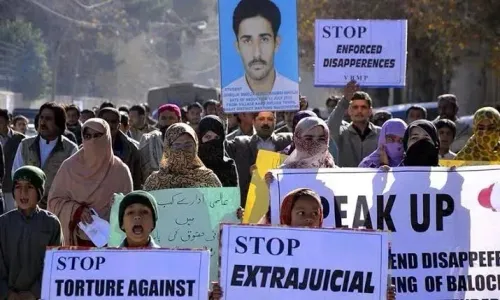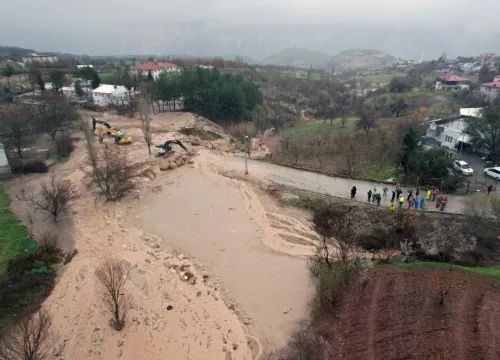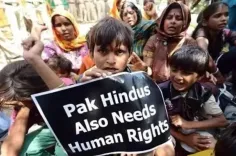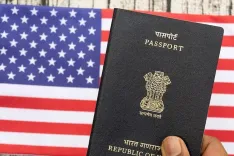Has Britain Recognized the State of Palestine Despite US Objections?
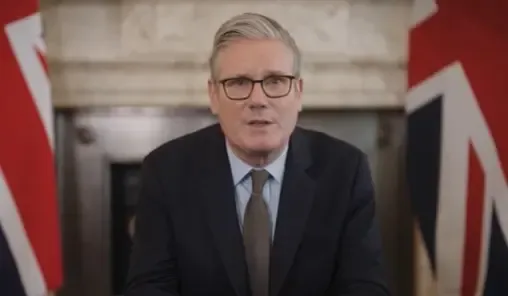
Synopsis
Key Takeaways
- Britain officially recognizes the State of Palestine.
- Keir Starmer condemns the humanitarian crisis in Gaza.
- Pressure from within Labour influenced the decision.
- International outrage is growing over Israel's actions.
- Britain calls for a two-state solution for lasting peace.
London, Sep 22 (NationPress) British Prime Minister Keir Starmer declared that Britain has officially acknowledged the State of Palestine, emphasizing Britain's commitment to "the right of the Palestinian people to self-determination" and the two-state solution.
In a video announcement, he criticized "the man-made humanitarian crisis in Gaza," stating that "tens of thousands have perished, including many who sought food and water. This ongoing death and devastation is unacceptable and must cease immediately."
In correspondence with Palestinian President Mahmoud Abbas, Starmer remarked, "A two-state solution is the sole path to achieving a just and enduring peace in the region. I commend your vital commitments towards reform and reiterate my support as you strive to establish the Palestinian state."
The Financial Times described Labour's shift as a blend of moral conviction and political strategy. In late July, Britain indicated it would take action in September unless Israel implemented "substantive measures." With Israel failing to meet these criteria and increasing public pressure over Gaza, Starmer was ultimately compelled to recognize the state.
This domestic pressure was amplified by global outrage regarding Israel's increasing assaults in Gaza, where the military has amassed forces for what Israeli Prime Minister Benjamin Netanyahu and other officials labeled a significant ground and air offensive aimed at "conquering" Gaza City, as reported by Xinhua.
Gaza-based health authorities reported that since October 7, 2023, over 65,000 Palestinians have been killed by the Israeli army in the Gaza Strip.
In light of the escalating crisis in Gaza, the British government underscored the necessity for further actions to resolve the conflict. "Recognition alone is insufficient. We are also fostering consensus among regional and global leaders regarding our Framework for Peace, which outlines steps that can transition us from a ceasefire to a permanent resolution of the conflict," stated the British Foreign Ministry.
It further asserted that while Britain's backing for Israel's existence and the security of its citizens remains unwavering, the Israeli government must alter its course by ceasing its offensive in Gaza, facilitating humanitarian aid, and halting illegal settlement expansion in the West Bank.
However, this decision has placed Britain at odds with its closest ally, the United States. Former President Donald Trump has not endorsed Palestinian statehood and during his recent visit to Britain, he highlighted the discord, expressing disagreement with Prime Minister Starmer's initiative. "I have a disagreement with the prime minister on that matter," Trump stated.
An editorial from The Guardian also pointed out the strain this divergence illustrates, suggesting that Trump "could end this war with a simple phone call," yet his administration "appears immovable, even as public support in the US dwindles."
On the same day, Canada, Australia, and Portugal announced their recognition of the Palestinian state.

